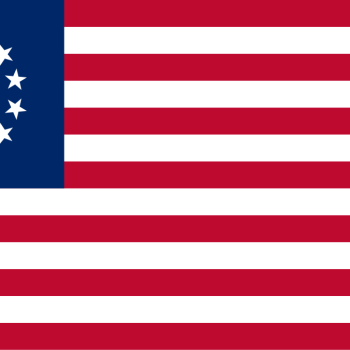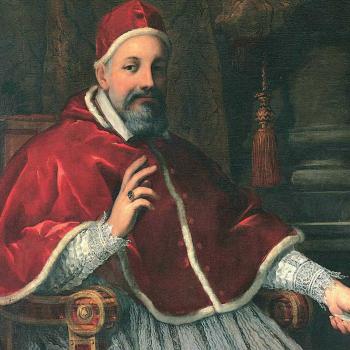Psychologist Brewster Smith decries the solvents of postmodern life – cynicism, shallowness, sensationalism, warfare between fundamentalisms and relativisms, uncertainty about all standards, the “fin de siecle sense of drift and doom” (even after the fin). What’s his solution? Find yourself a community that can give you values, standards, a heritage, moral conherence, a sense of social responsiblity. As Walter Truett Anderson remarks, “It’s amazing how strongly the fashion has shifted – about 180 degrees from the celebrating of inner-directed individualism,... Read more


















